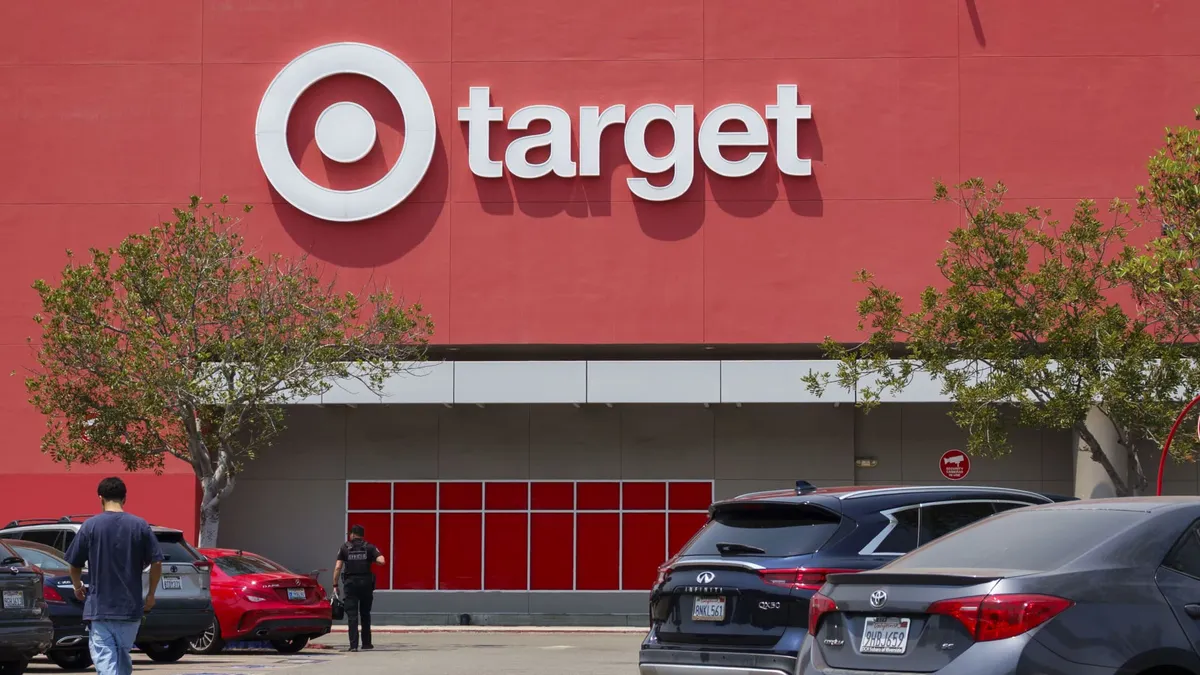
On Thursday, Target announced it will be cutting 1,800 corporate jobs as part of a strategy to reinvigorate growth following four years of stagnant sales. This significant reduction marks the first major round of layoffs for the Minneapolis-based retailer in nearly a decade. The announcement was made in a memo from Target's incoming CEO, Michael Fiddelke, directed to employees at the company's headquarters.
The layoffs consist of approximately 1,000 immediate job eliminations and an additional 800 positions that will remain unfilled, accounting for an estimated 8% cut to Target's corporate workforce. Employees affected by these cuts are expected to be notified on Tuesday. This decision comes during a pivotal leadership transition, as Fiddelke, who currently serves as the chief operating officer and has previously held the role of chief financial officer, is set to take over for longtime CEO Brian Cornell on February 1.
Target has been grappling with a sales slump, struggling to rebound from declining store traffic, inventory issues, and negative customer feedback. The company has already projected a decline in annual sales for the year. Over the past two years, Target's stock has plummeted by 65% from its all-time high in late 2021. Comparatively, Target's reliance on discretionary items – which make up about half of its sales – contrasts sharply with retail giants like Walmart, where only 40% of sales come from such items. This difference leaves Target more susceptible to fluctuations in the economic landscape and consumer sentiment.
While Target faces significant challenges, its competitors have seen markedly different trends. For instance, shares of Walmart have surged by approximately 123% over the past five years, while Target's shares have fallen by 41% during the same timeframe. This divergence highlights the pressing need for Target to address its operational complexities and streamline its business practices.
In his memo, Fiddelke emphasized that these employee cuts are essential for Target to implement urgent changes. He noted, "The complexity we've created over time has been holding us back. Too many layers and overlapping work have slowed decisions, making it harder to bring ideas to life." Fiddelke acknowledged the difficulty of these decisions but stressed the necessity of these steps for building a strong future for Target.
Target has assured that employees impacted by the layoffs will continue to receive pay and benefits until January 3, along with severance packages. Importantly, no positions within Target's stores or supply chain will be affected by these cuts, as confirmed by a company spokesperson.
In his memo, Fiddelke outlined the broader vision for Target's future, stating that the company will focus on simplifying operations and embracing new technologies to accelerate growth. He encouraged all U.S. headquarters team members to work from home for the following week, while teams in India and other global locations will maintain their usual in-office routines. Fiddelke emphasized that the decisions affecting the team are significant and made with great care, underscoring the importance of adjusting the company's structure to achieve greater efficiency and effectiveness.
As Target navigates these changes, the company aims to strengthen its retail leadership, enhance the guest experience, and accelerate technological advancements to better serve its customers and communities for years to come.